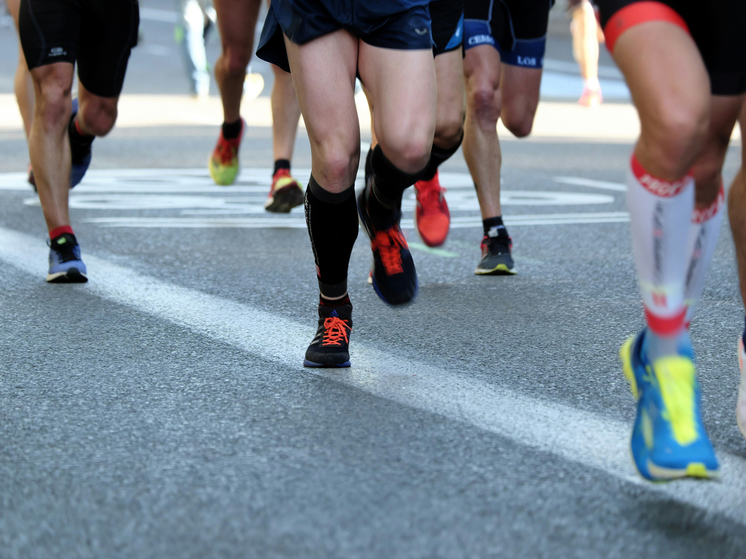Athletes exposed to climate change, from scorching asphalt to alcoholism
Famous world running competitions, including the World Championships in Doha, are being forced to reschedule their races so participants don't have to run in extreme heat conditions. Midnight long-distance running is just one of the striking examples cited by sports ecologist Madeleine Orr. Changing environmental issues are affecting sports, and she explains how global sports movements can do something about it.
 Photo: unsplash.com
Photo: unsplash.com
May 2024 was the warmest on record in the world: the average surface air temperature was 0.65 degrees Celsius higher than the average for 1991–2020. It also marked the 12th consecutive month in which the average global temperature reached a record high for the corresponding month of the previous year.
According to environmentalists, this is not the series of records that the world needs. This summer, millions of sports fans are watching an action-packed season of sporting events — From the Euro 2024 football tournament in Germany to the Paris Olympics and the Tour de France cycling race.
These competitions showcase sporting excellence at the highest level, attracting billions of viewers, a number that is expected to grow. And all these sporting events are influenced in one way or another by the climate.
Already this year, football in the UK has been hit by heavy rain and flooding, while tennis players in the US have had to endure extreme temperature swings. Meanwhile, the Tour de France was marred by melting road surfaces and routes were shortened for the safety of athletes as temperatures at the southern French circuit soared.
If this year's tournaments themselves do not include any allowances for extreme weather conditions, the athletes' training almost certainly already does. For example, the shape changes. Once the challenge of designers was to create clothes that gave an edge, they are now tasked with creating uniforms that trap sweat and retain body heat during competitions such as running, cycling and soccer.
Sports ecologist Madeleine Orr reveals how climate change is affecting the world of sport in bizarre and unusual ways. For example, alcoholism has spread among staff working on the ski slopes because a warming planet is causing snow to melt and the ski season to end earlier. The result is reduced practice time, which literally leads to staff drinking.
In golf, course designers now take flood control into account when designing green spaces. Plastic pollution of water bodies is becoming part of the “obstacle course” for Olympic water sports. At the 2016 Olympics, sailors had to learn to navigate debris in the sea off the coast of Rio de Janeiro to compete for gold.
A top coach in Oregon, US, is banning staff from issuing press releases with phrases like “unprecedented” and “act of God” when apologizing for canceling events. Instead, he is stressing that the climate crisis is not natural and that such problems are commonplace and largely caused by human activity.
A sports ecologist describes numerous stories from sports around the world where environmental challenges are being confronted and ways are being sought to adapt.
“It’s hard to think of any sport in the world right now that isn’t facing the prospect of making significant concessions to extreme weather conditions, now or in the future. Most sports will need to make some kind of adjustment,” Orr says.
The climate crisis is already a serious problem and will not be solved without action. According to environmentalists, this should concern everyone, from the world's sports elite to fans.




















































Свежие комментарии